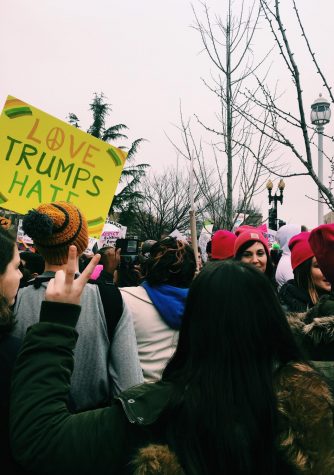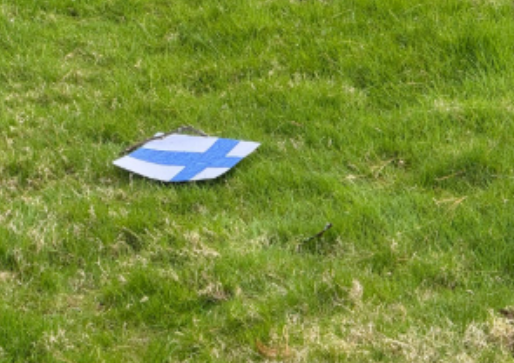Is Performative Activism Inherently Bad?
The term “performative activism” joins “cohort,” “social distancing,” “super-spreader,” and many other words that have been created or given a new meaning during the pandemic. So what does this newly coined term even mean?
Performative activism is when an individual takes a stance on social justice issues not because they are passionate about the topic but because they are following others and trying to appear a certain way. This topic has become a mainstream concern as multiple social activism movements have taken place: “According to a New York Times report, the wave of urban uprisings and protests that followed the police killing of George Floyd likely constituted the largest social movement in American history, with estimates suggesting up to 26 million Americans took to the streets this summer to voice support for Black lives and opposition to police brutality.”
Traditional activism, people protesting on the streets, is a very authentic commitment of the protestor. Due to the pandemic, though just as many, if not more people are making statements online that can easily come across as insincere because they require less work and engagement.

A majority of the discourse, activism and education about the Black Lives Matter and Anti-Asian Hate Movements, for example, have occurred online. This virtual shift greatly facilitated the rise in performative activism “because it is so much easier to simply post something on your story and not really give much thought to it,” says Delaney Fox, senior at Hall High School. “When other people are posting, your friends and even people you don’t know, it’s easy to feel left out or like you should be sharing stuff too even if you don’t really have anything to say about the issue.”
The pressure to fit in or be liked can motivate people to post for social justice issues even if they may not be doing much else they are still helping to spread the message and educate others so the question remains: is performative activism inherently bad?
John Metta, a writer for Al Jazeera, believes that it is damaging, “We have been here before – so many times before – and the result has always been that white guilt was publicly assuaged with little substantive change in lived equality. I can’t help but worry this will happen yet again. I find it exhausting because it feels so performative.” The lack of progress concerns him, however Jordi Bertrán Ramirez, Freshman at Yale, “who was involved in the planning of last year’s Harvard-Yale protest, believes that many actions commonly considered performative come from a place of sincerity, he thinks social media’s focus on the individual lends itself to virtue signaling and performance.”
Although at times it can be very challenging to decide whether your or other’s actions are really just performative, Isaac Yearwood, Black Students for Disarmament action chair at Yale, offered “some questions one can ask themselves when trying to discern whether an action is constructive or performative: ‘How many people are actually being helped? How many folks are ready and willing to help? … How many voices can be uplifted?”






